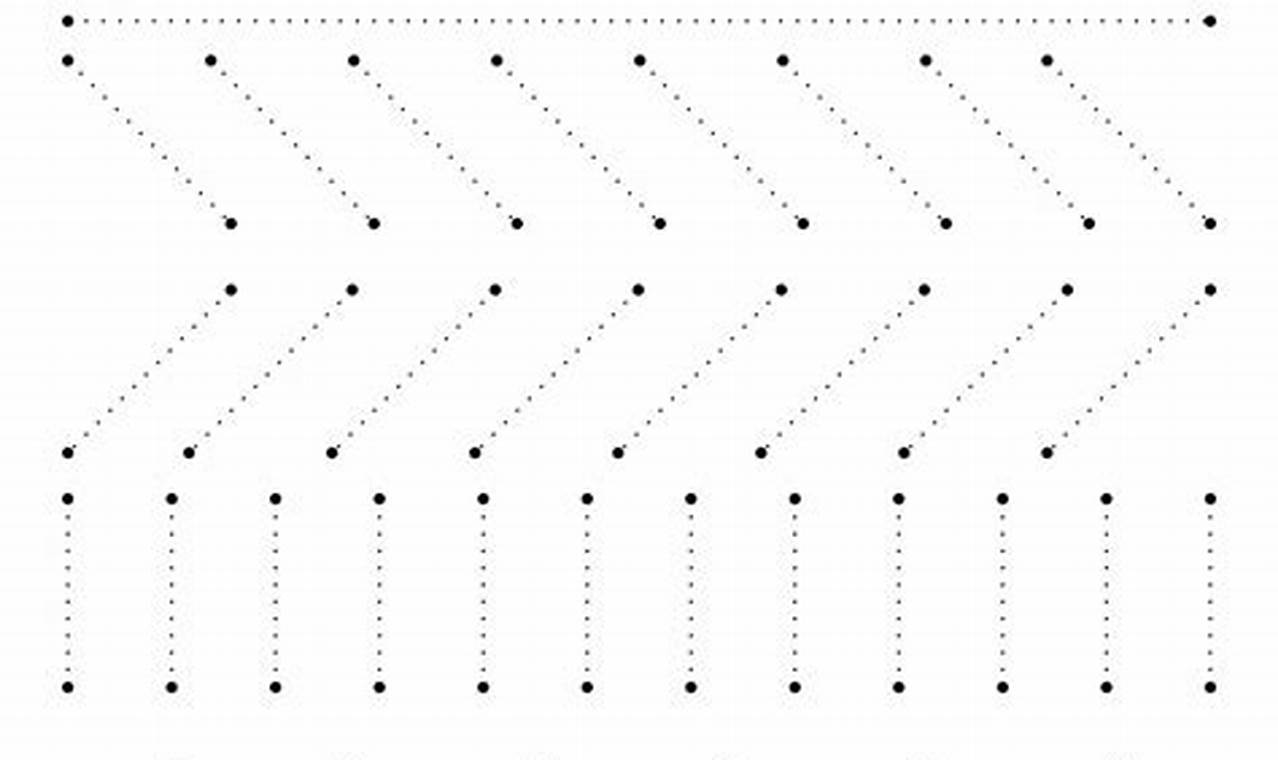Mastering fine motor skills is a foundational step in a childs early education. These skills, which involve the small muscles of the hands and fingers, are crucial for activities like writing, drawing, and even everyday tasks like buttoning clothes. The development of these skills sets the stage for academic success and fosters independence. Therefore, incorporating structured and engaging activities is essential to support children as they grow and learn.
The “printable fine motor tracing exercises for kindergarten” worksheet offers several key learning benefits. It enhances essential pre-writing skills by improving hand-eye coordination and muscle control. Children develop precision and control as they trace various lines and shapes, building a solid foundation for handwriting. Furthermore, these tracing activities promote visual tracking and spatial awareness, critical components for literacy and numeracy development.
This worksheet features a variety of tracing activities designed to capture a young learners attention. It includes an assortment of straight, curved, and zig-zag lines, along with simple shapes like circles, squares, and triangles. The clear, bold lines are easy for children to follow, and the ample spacing allows for comfortable practice. Each exercise is thoughtfully designed to gradually increase in complexity, ensuring that children are challenged appropriately and build confidence as they progress.
To use the worksheet effectively, provide the child with a comfortable workspace and a thick pencil or crayon that is easy to grip. Begin by demonstrating how to follow the lines slowly and carefully. Encourage the child to trace each line multiple times, focusing on staying within the boundaries. It can also be beneficial to break the worksheet into smaller sections, allowing for short bursts of focused practice. Positive reinforcement and encouragement are essential to maintain the childs interest and motivation.
For additional practice and skill reinforcement, consider incorporating other resources available on Kidtraces.com, such as alphabet tracing worksheets and number tracing worksheets. Complementary activities like playing with building blocks, using play dough, or stringing beads can also help develop fine motor skills. Books focusing on shapes and lines can further enhance understanding and provide additional context for the tracing exercises.
In summary, the “printable fine motor tracing exercises for kindergarten” worksheet is a valuable tool for nurturing essential skills. By providing structured practice in a fun and engaging format, it helps children develop the fine motor control and visual tracking necessary for academic success. Download the worksheet today and discover how it can support your childs learning journey. Explore more free worksheets on Kidtraces.com to continue fostering continuous learning and skill development.
